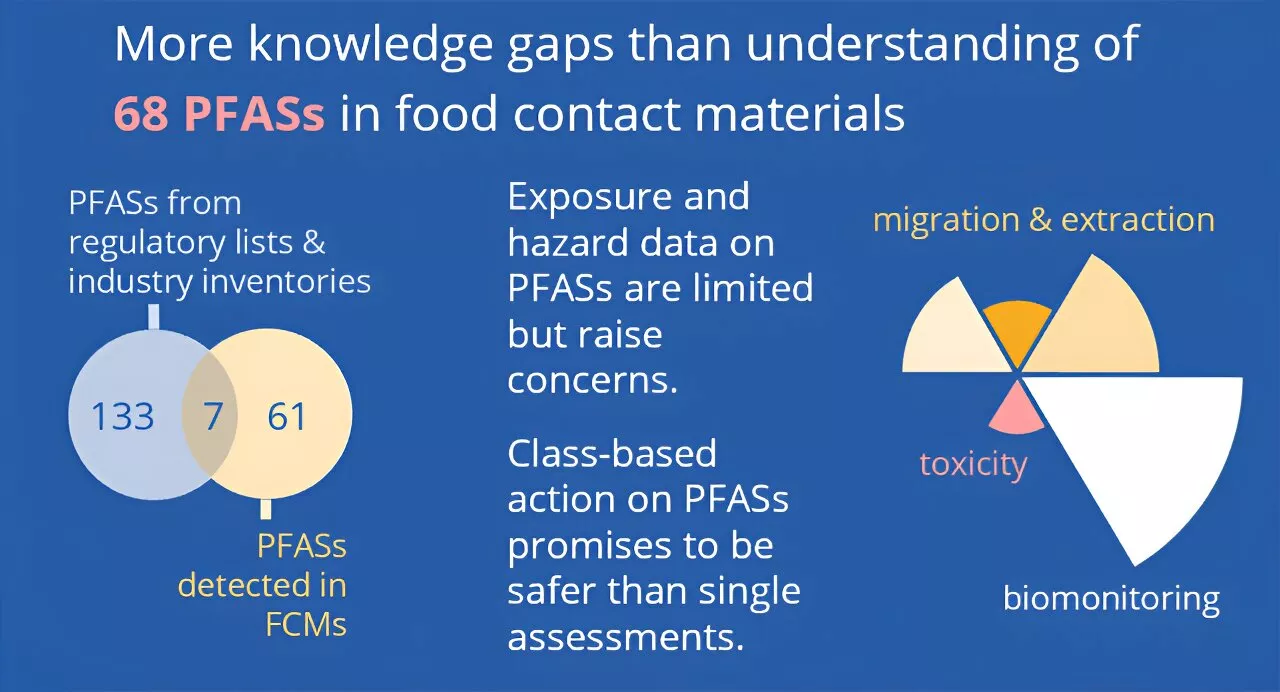Researchers used bright X-rays to unveil how cacao trees protect themselves from toxic metal cadmium.
Researchers from the University Grenoble Alpes , France, together with the ESRF, the European Synchrotron located in Grenoble, France, used ESRF's bright X-rays to unveil how cacao trees protect themselves from toxic metal cadmium. This knowledge is relevant as new EU regulations restrict cadmium concentration in chocolate. Their results are published in Environmental and Experimental Botany.
The UGA scientists travelled to the International Cocoa Genebank in Trinidad and Tobago, which hosts a field cacao collection with approximately 2400 cacao genotypes, to collect their samples in collaboration with the Cocoa Research Centre. In addition, they also discovered that cadmium combines with sulphur in certain cells in the roots. This mechanism is well known in roots of cereals, where cadmium is retained in the vacuoles and bound to thiol-containing molecules. In the case of cacao, this mechanism is less pronounced, and more cadmium is transferred to aerial parts.
Hester Blommaert, Hiram Castillo-Michel, Giulia Veronesi, Rémi Tucoulou, Jacques Beauchêne, Pathmanathan Umaharan, Erik Smolders, Géraldine Sarret.It was the money that grew on trees. Said to be a gift from the gods, cacao for the ancient Maya was considered sacred, used not only as currency, but in special ceremonies and religious rituals. ...
United States Latest News, United States Headlines
Similar News:You can also read news stories similar to this one that we have collected from other news sources.
 Cacao plants' defense against toxic cadmium unveiledResearchers from the University Grenoble Alpes (UGA), France, together with the ESRF, the European Synchrotron located in Grenoble, France, used ESRF's bright X-rays to unveil how cacao trees protect themselves from toxic metal cadmium. This knowledge is relevant as new EU regulations restrict cadmium concentration in chocolate.
Cacao plants' defense against toxic cadmium unveiledResearchers from the University Grenoble Alpes (UGA), France, together with the ESRF, the European Synchrotron located in Grenoble, France, used ESRF's bright X-rays to unveil how cacao trees protect themselves from toxic metal cadmium. This knowledge is relevant as new EU regulations restrict cadmium concentration in chocolate.
Read more »
 Researchers find evidence of 68 'forever chemicals' in food packaging around the worldA team of environmental scientists with the Food Packaging Forum Foundation, based in Zürich, has found evidence of 68 'forever chemicals' in food packaging used around the world.
Researchers find evidence of 68 'forever chemicals' in food packaging around the worldA team of environmental scientists with the Food Packaging Forum Foundation, based in Zürich, has found evidence of 68 'forever chemicals' in food packaging used around the world.
Read more »
 Researchers identify key regulators underlying regeneration in DrosophilaSome animals possess the remarkable ability to regenerate lost structures, exemplified by a lizard regrowing its tail. However, this regenerative process must be tightly regulated by the body to ensure proper tissue organization and to prevent abnormal growths, such as cancer.
Researchers identify key regulators underlying regeneration in DrosophilaSome animals possess the remarkable ability to regenerate lost structures, exemplified by a lizard regrowing its tail. However, this regenerative process must be tightly regulated by the body to ensure proper tissue organization and to prevent abnormal growths, such as cancer.
Read more »
 Key Stable Diffusion Researchers Leave Stability AI As Company FloundersI joined Forbes as the Europe News Editor and will be working with the London newsroom to define our coverage of emerging businesses and leaders across the UK and Europe.
Key Stable Diffusion Researchers Leave Stability AI As Company FloundersI joined Forbes as the Europe News Editor and will be working with the London newsroom to define our coverage of emerging businesses and leaders across the UK and Europe.
Read more »
 Researchers explore how beluga whale melon changes shape during social interactionA trio of animal science researchers at the University of Rhode Island, in the U.S., has identified five major shapes displayed by the beluga whale melon. For their study published in the journal Animal Cognition, Justin Richard, Isabelle Pellegrini, and Rachael Levine observed and recorded the behavior of captive beluga whales.
Researchers explore how beluga whale melon changes shape during social interactionA trio of animal science researchers at the University of Rhode Island, in the U.S., has identified five major shapes displayed by the beluga whale melon. For their study published in the journal Animal Cognition, Justin Richard, Isabelle Pellegrini, and Rachael Levine observed and recorded the behavior of captive beluga whales.
Read more »
 Researchers gave AI an 'inner monologue' and it massively improved its performanceKeumars is the technology editor at Live Science. He has written for a variety of publications including ITPro, The Week Digital, ComputerActive, The Independent, The Observer, Metro and TechRadar Pro. He has worked as a technology journalist for more than five years, having previously held the role of features editor with ITPro.
Researchers gave AI an 'inner monologue' and it massively improved its performanceKeumars is the technology editor at Live Science. He has written for a variety of publications including ITPro, The Week Digital, ComputerActive, The Independent, The Observer, Metro and TechRadar Pro. He has worked as a technology journalist for more than five years, having previously held the role of features editor with ITPro.
Read more »
